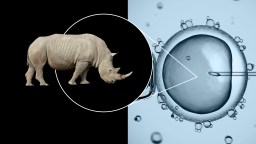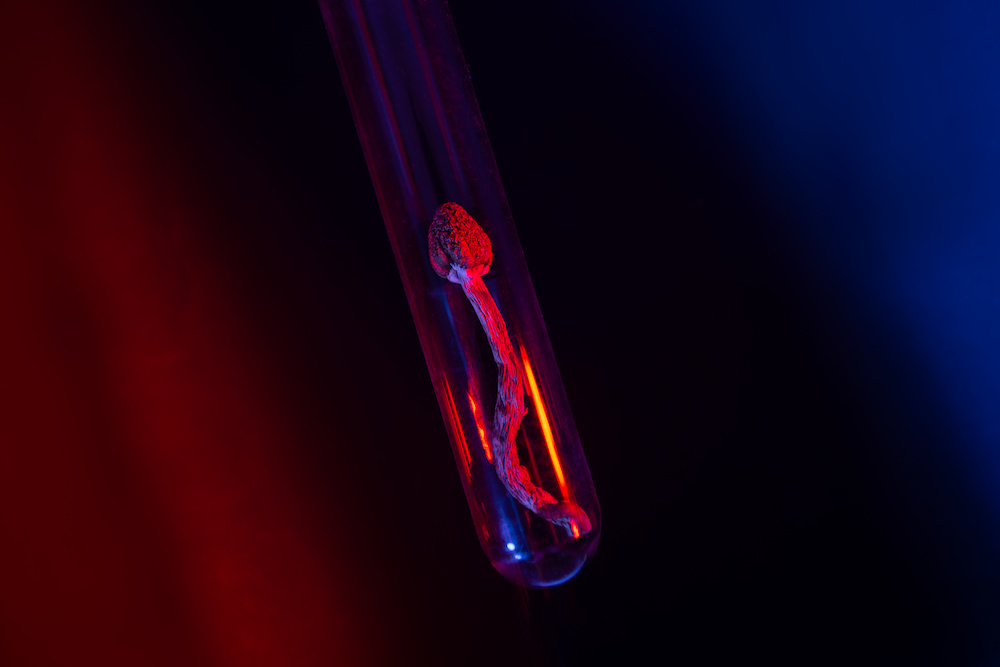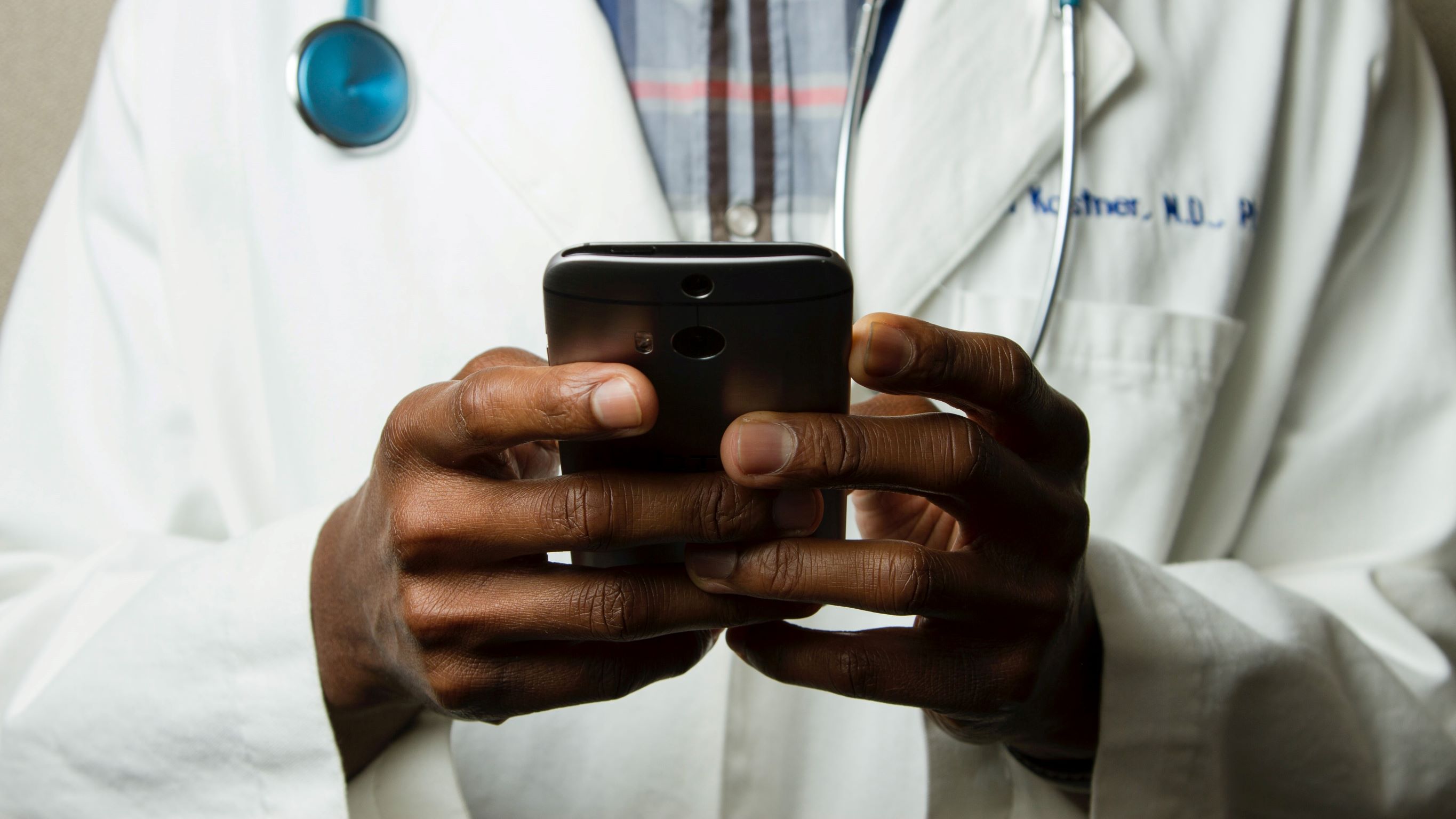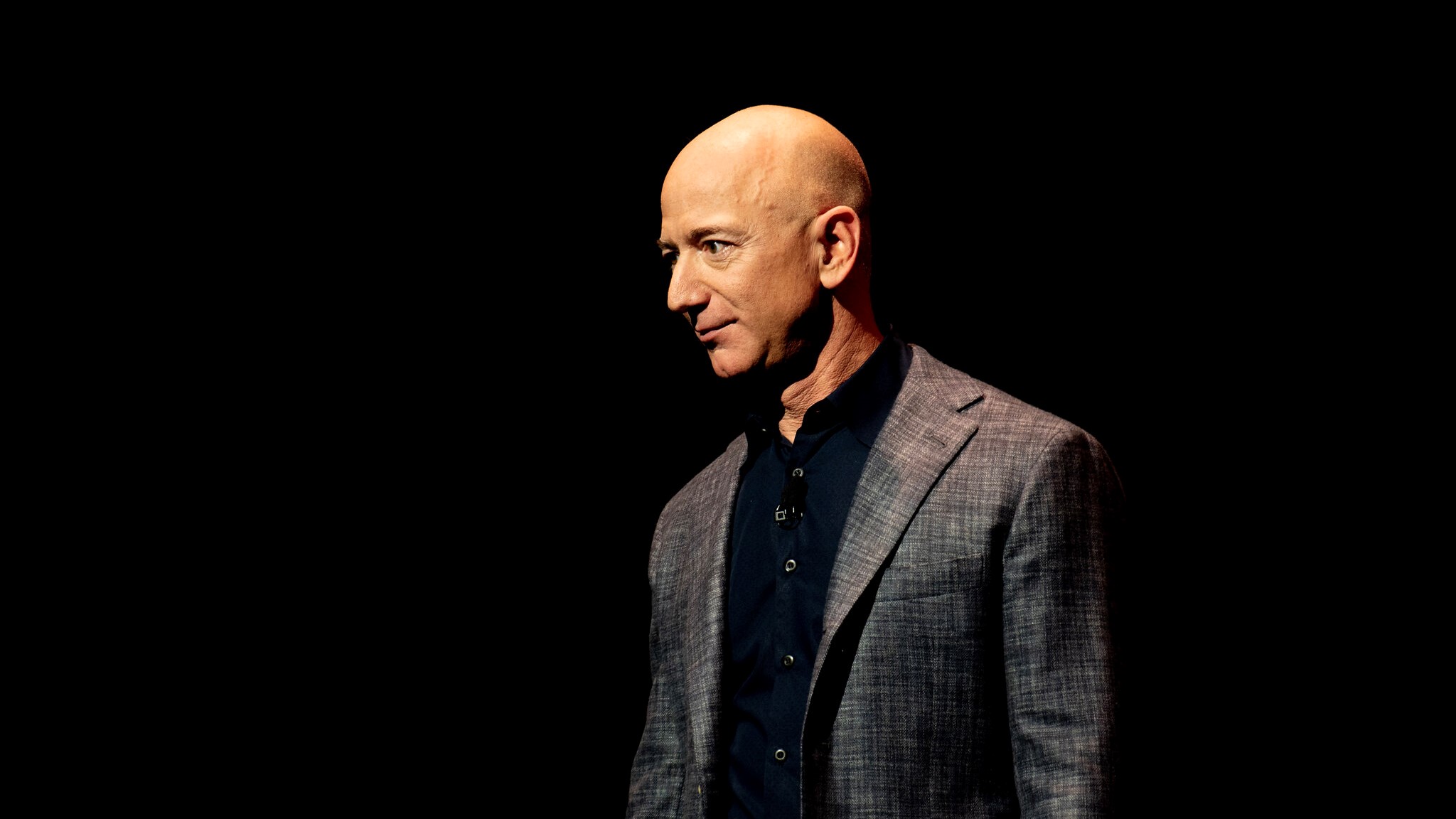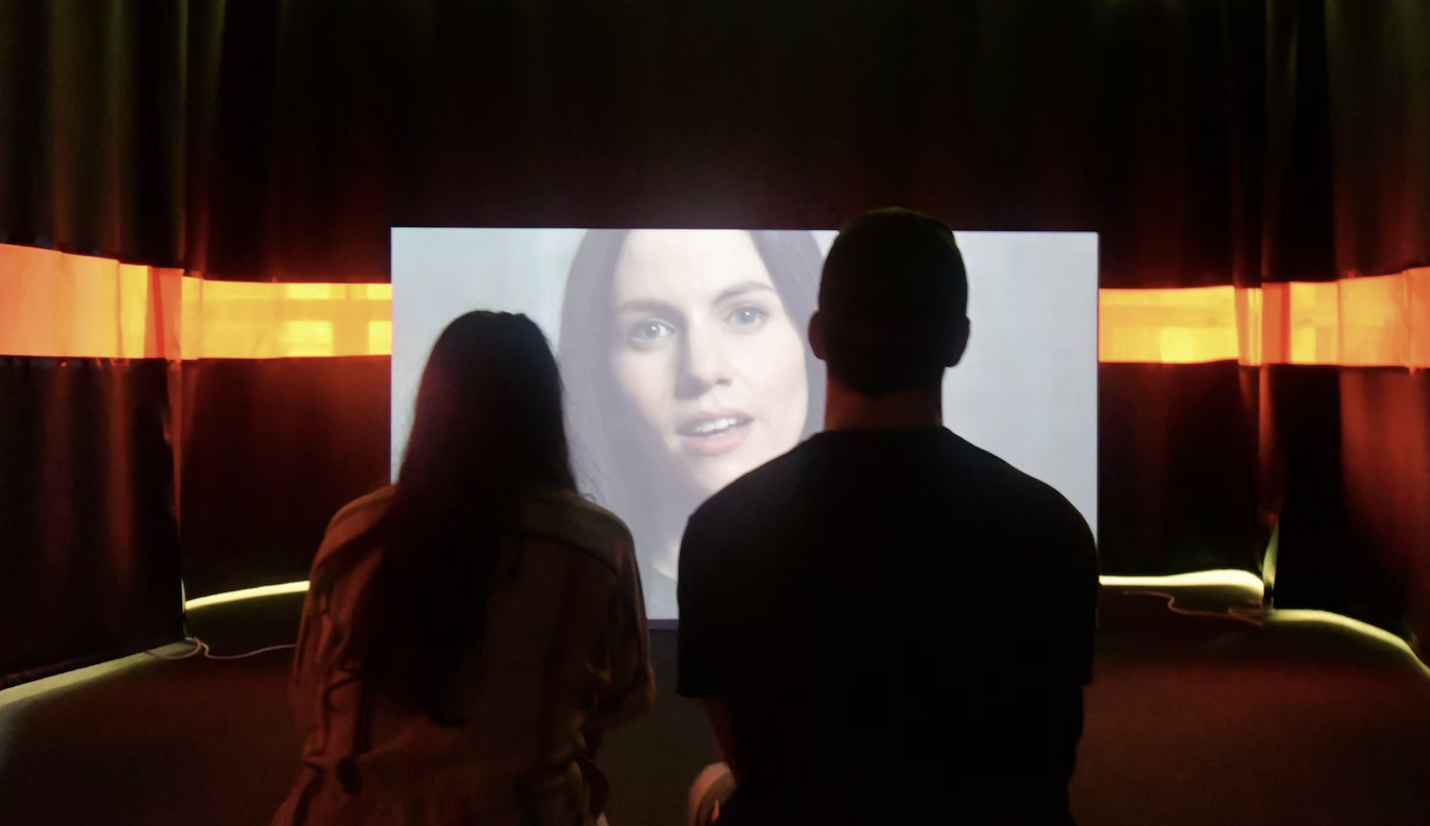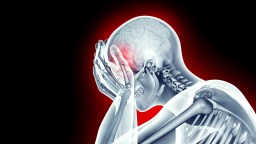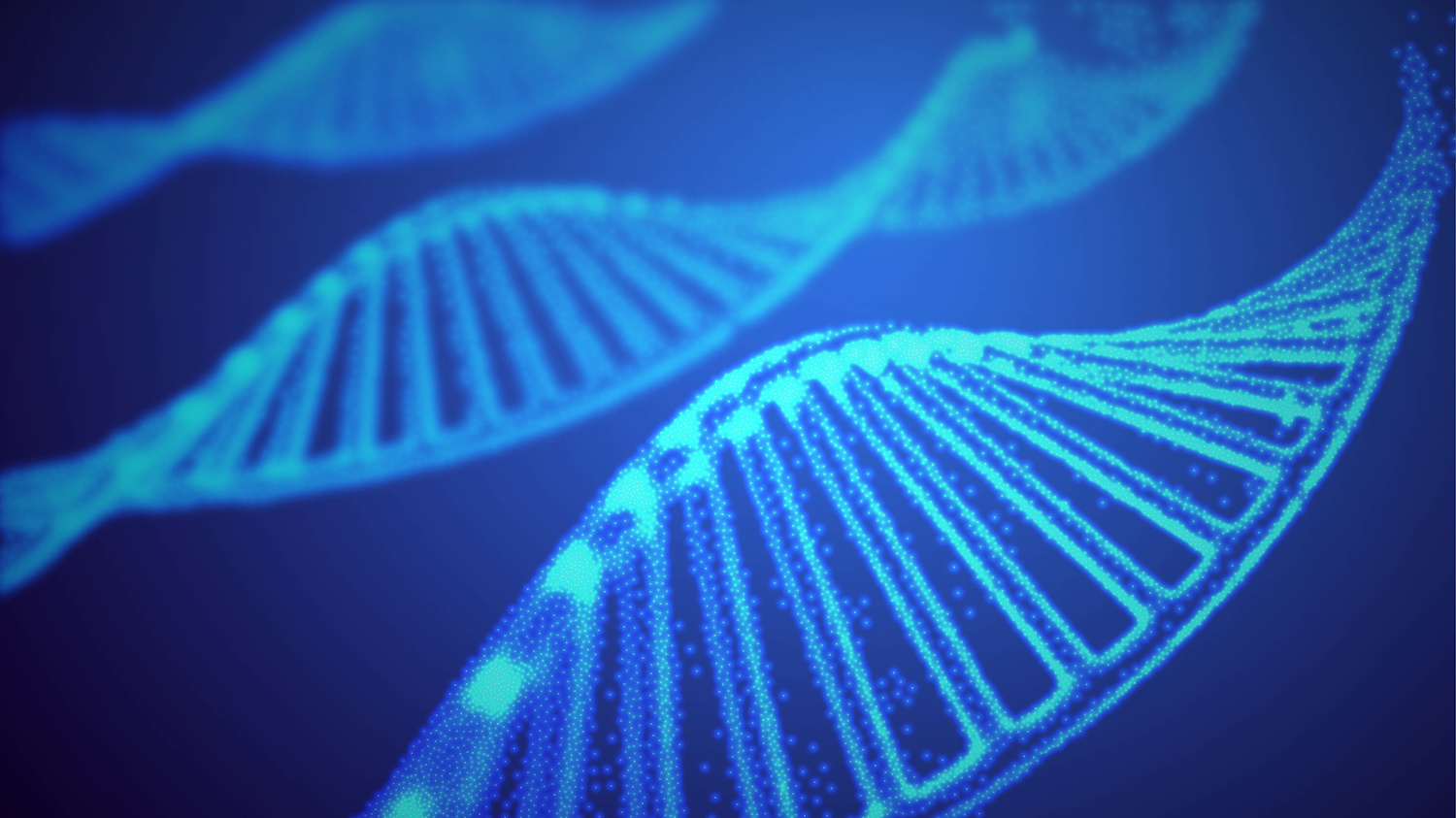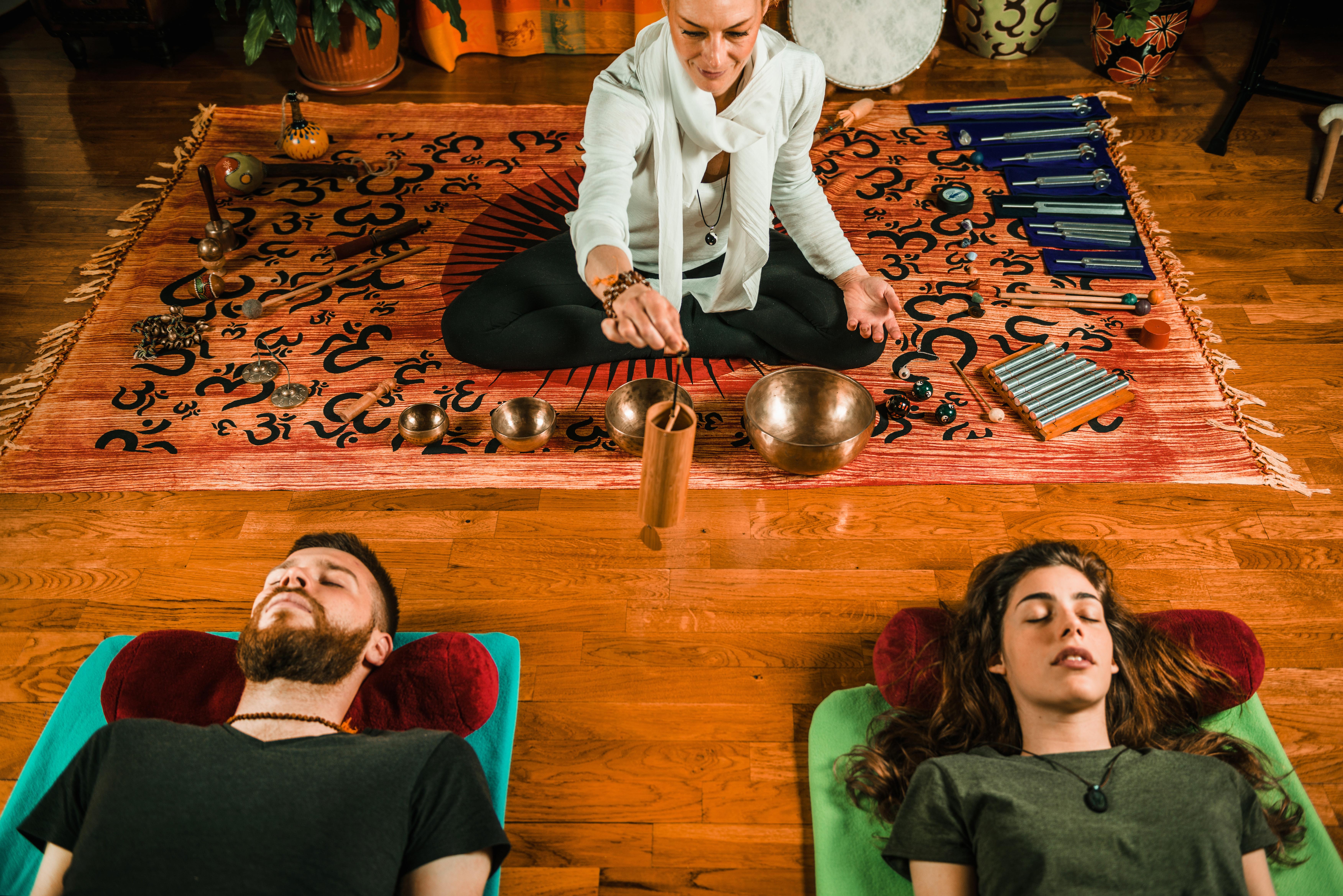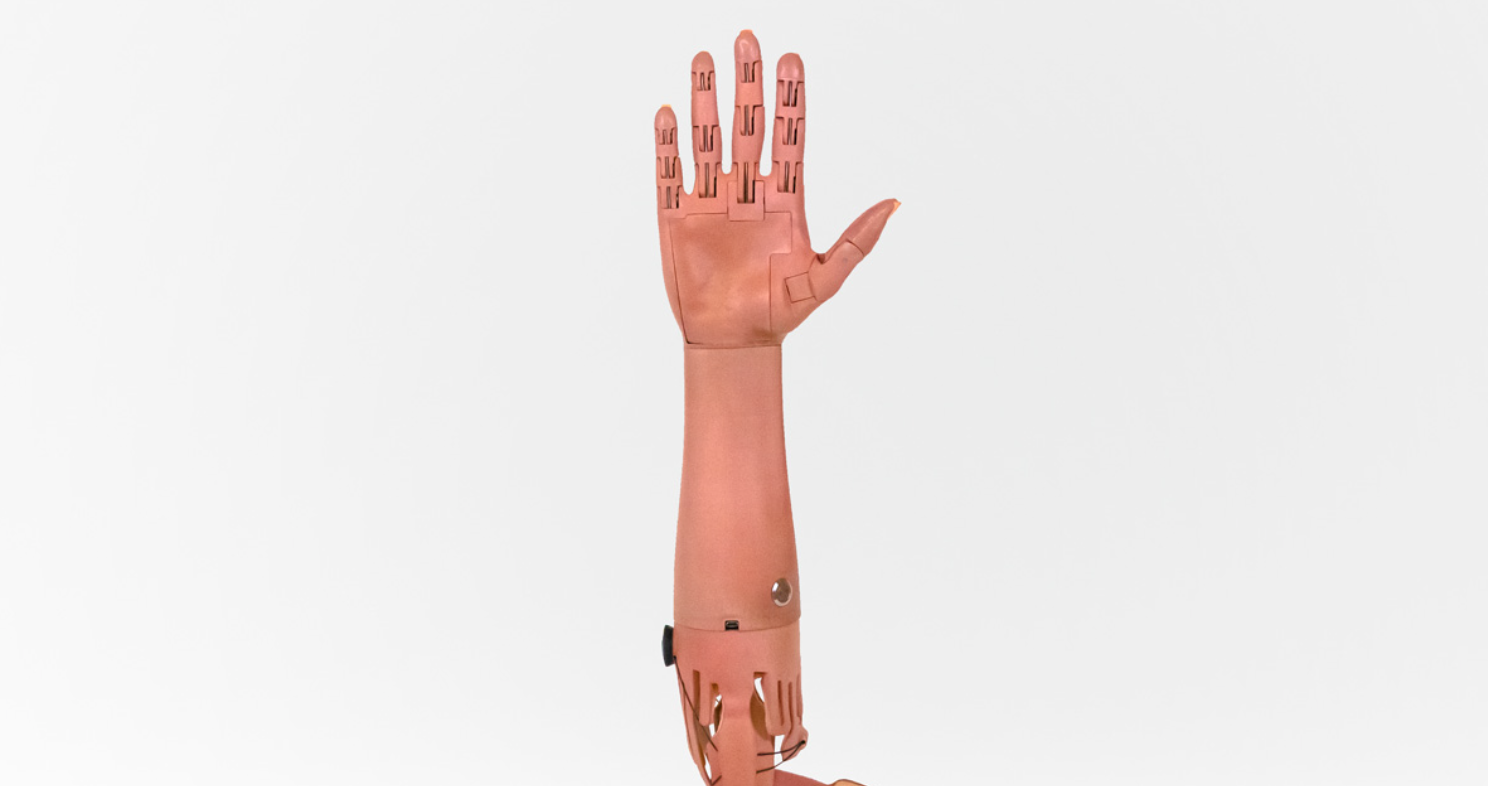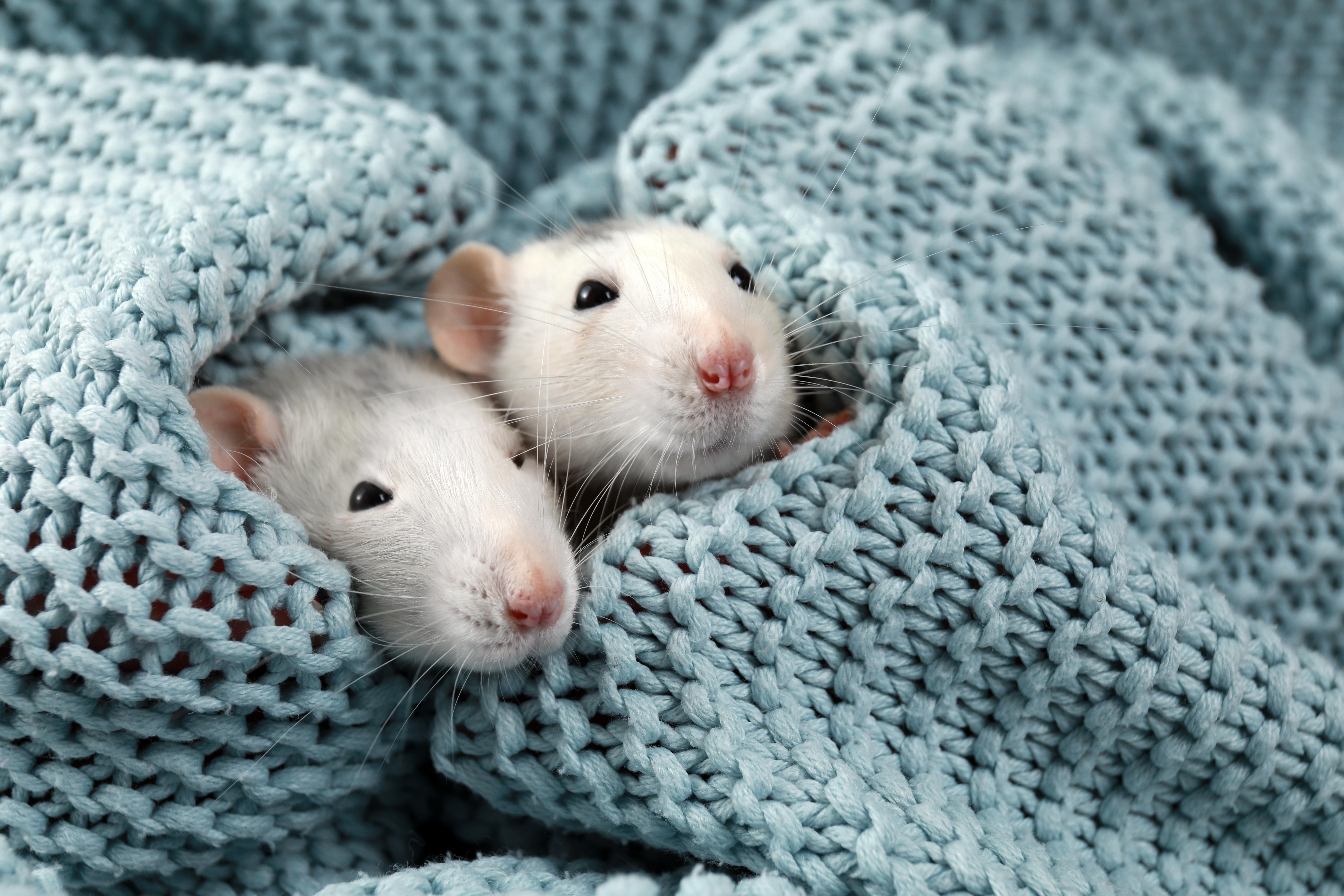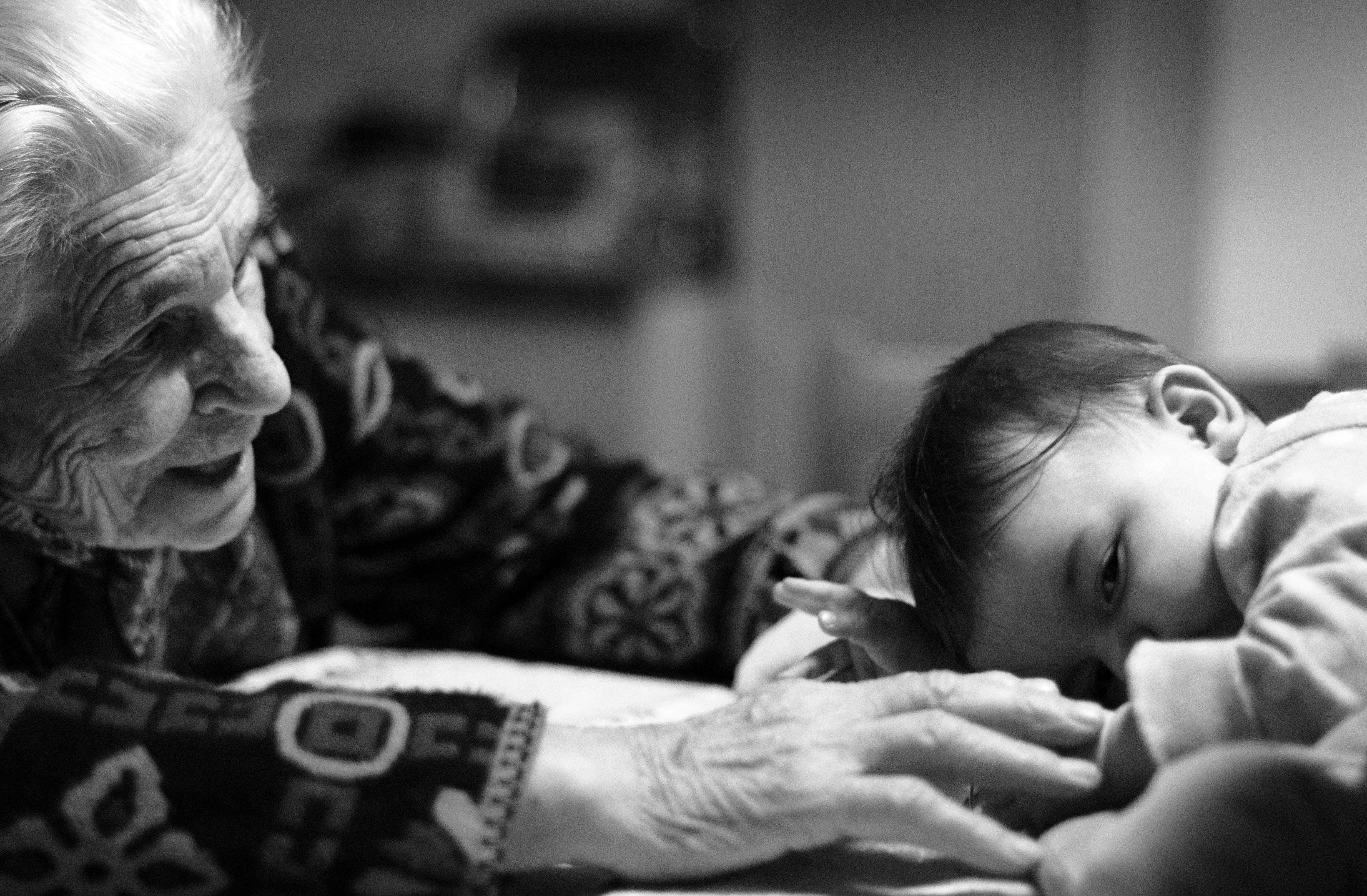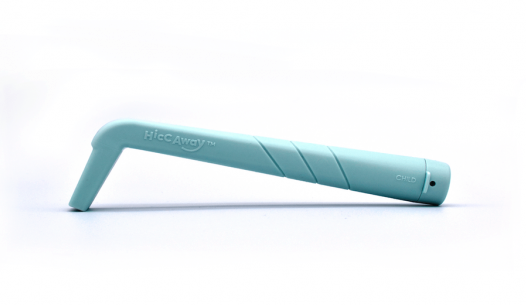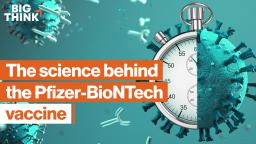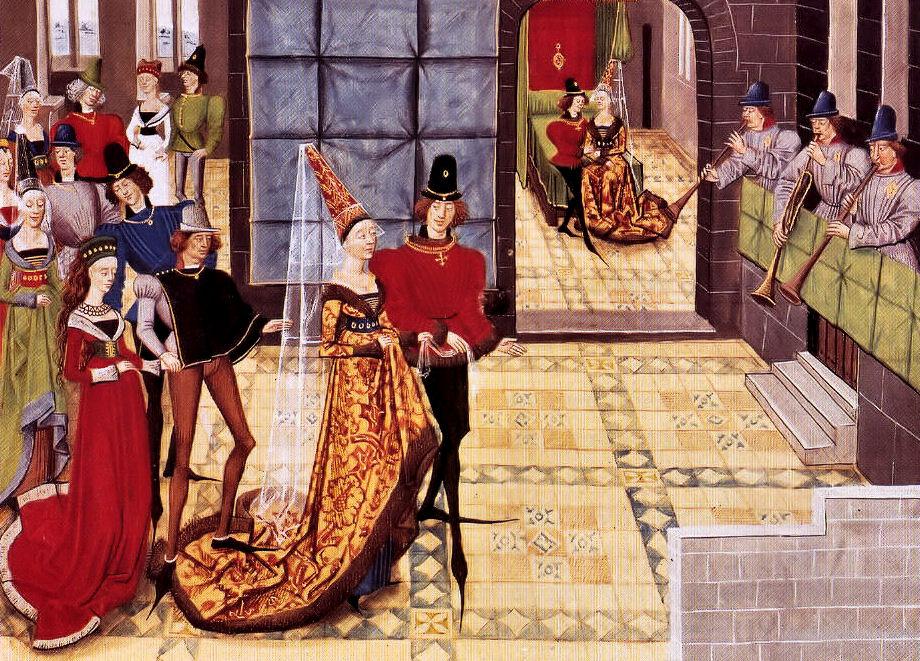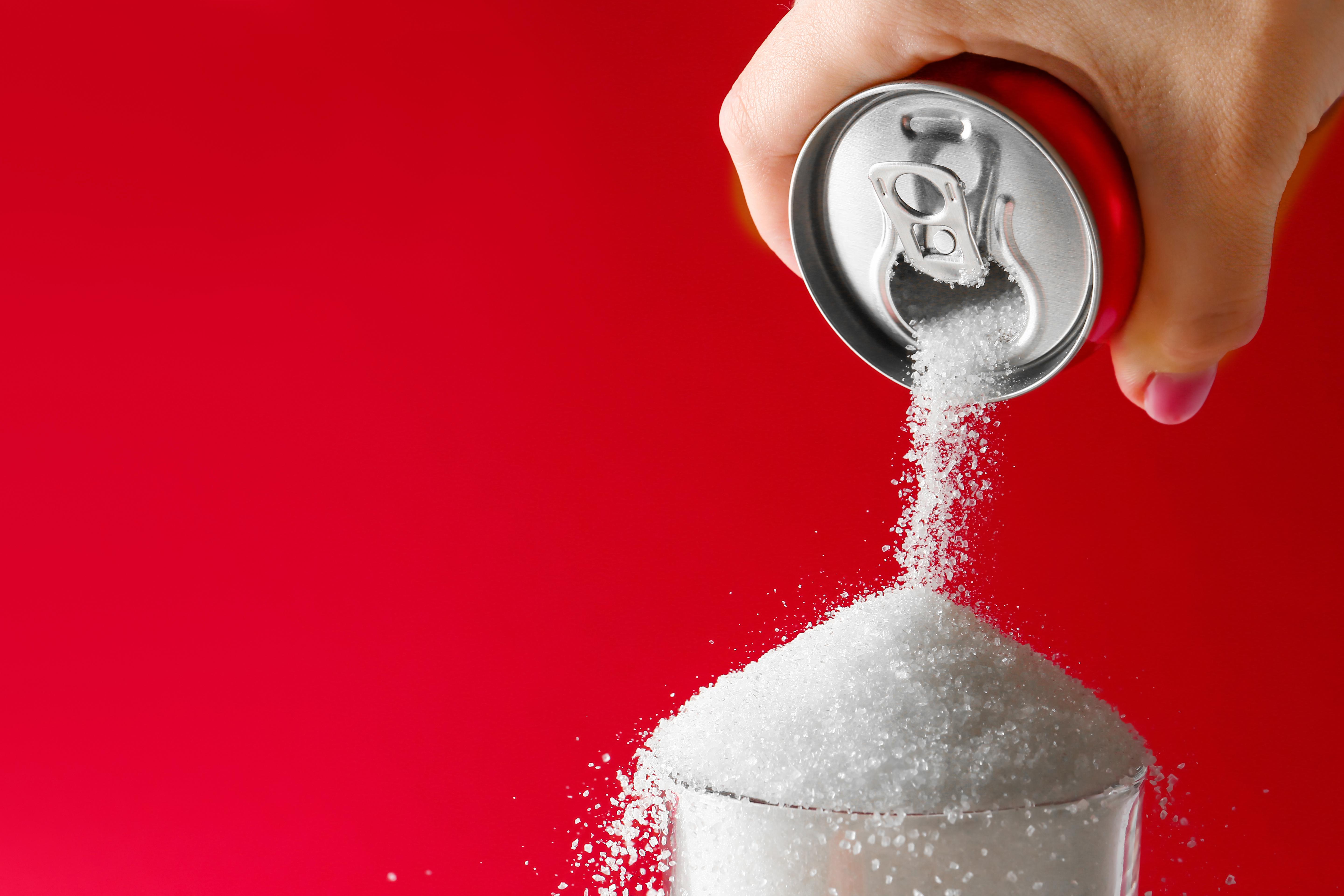health
Poachers drove the Northern White Rhino to extinction. One scientist and her “frozen zoo” are on a mission to bring them back.
▸
7 min
—
with
Ingesting tiny doses of hallucinogens might not have the outsized benefits that some people claim it does.
Researchers have created a method to help workers collaborate with artificial intelligence systems.
Altos Labs is an ambitious new anti-aging company with billions of dollars to back it up.
Some U.S. intelligence operatives have suggested foreign adversaries may be using “directed-energy” weapons against Americans.
Humanity’s most advanced tech still hasn’t unraveled the mysteries of the human mind. Can brain scans show us how we store memories?
▸
with
What would you do differently if you listened to your true desires?
▸
5 min
—
with
A recent study casts doubt on the notion that watching porn, whether alone or with a partner, damages romantic relationships.
Are you in love? Trust your mother over your brain.
▸
with
The development of the revolutionary gene-engineering tool CRISPR is a tale fit for the big screen.
Popular diets view health as a calorie-crunching equation while excluding a critical variable: mental wellness.
From “shell shock” to “combat fatigue,” the wars of the past century have violently illuminated the power trauma can wield over the mind and body.
Research has shown the benefits of mindfulness, but the current mindfulness craze cannot deliver on its overhyped promises.
Longevity gets a new motto: location, location, location.
A new study refutes some of the claims recently made about the value of napping.
Prosthetic arms can cost amputees $80,000. A startup called Unlimited Tomorrow is aiming to change that by making customized 3D-printed bionic arms for just $8,000.
Cancer cells seem to have a harder time growing among pair-bonded mice, according to a new study that explored the “widowhood effect.”
Age ain’t nothing but a number, but “inflammatory age” may be real.
Theoretical physicist Geoffrey West explains the science behind a unique hypothesis.
Nearly 90% of the world’s blind live in low-income countries.
Are you getting a full 8 hours?
New research shines a light on the genetics of sudden cardiac deaths.
A new device cured the hiccups 92 percent of the time in a recent study involving more than 200 participants.
How were mRNA vaccines developed? Pfizer’s Dr Bill Gruber explains the science behind this record-breaking achievement and how it was developed without compromising safety.
▸
7 min
—
with
The Black Death wasn’t the only plague in the 1300s.
Israeli food-tech company DouxMatok (Hebrew for “double sweet”) has created a sugary product that uses 40 percent less actual sugar yet still tastes sweet.
An early feasibility study finds a potential new treatment for Alzheimer’s disease.
Participants were asked to complete a simple attention task as well as a more challenging “placekeeping” task.
Can the main psychoactive ingredient of magic mushrooms help treat the world’s sixth most debilitating illness?
